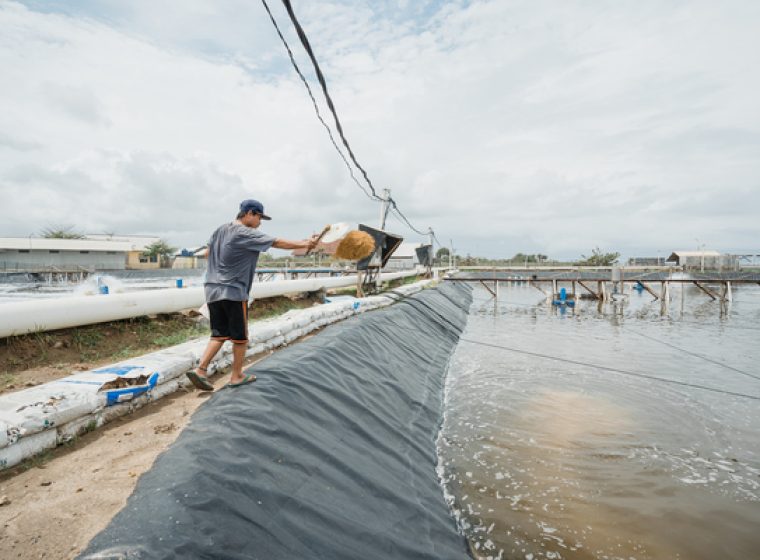Shrimp farming has become a significant and continuously growing industry in various countries worldwide. The global demand for shrimp is rapidly increasing, both for direct consumption and as raw material in the seafood industry.
However, the rapid growth of this industry also brings various challenges, particularly concerning quality, safety, and sustainability. One way to address these challenges is through the implementation of traceability systems.
In this article, we will discuss the importance of traceability in shrimp farming and its benefits in maintaining the sustainability of this industry.
Also Read: 12 Equipments for Vannamei Shrimp Ponds that Must Be Prepared
What is Traceability in Shrimp Farming?
Traceability refers to the ability to track the origin and history of a product from the source to the end, including the entire production and distribution processes. In the context of shrimp farming, traceability helps to identify the resources used, the cultivation techniques applied, and the processing methods of each shrimp product.
This includes everything from hatchery practices, feed used, and the use of medications, to the methods of product delivery to consumers.
Also Read: Get to Know the Vannamei Shrimp as a Farmers’ Favorite
The Importance of Traceability in Shrimp Farming
1. Food Safety
Traceability is crucial in ensuring food safety for consumers. With the ability to trace the history of shrimp products, authorities and consumers can verify whether shrimp have been produced under high food safety standards and whether there are any contamination risks or allergen concerns to be worried about.
2. Disease Management
The shrimp industry often faces the risk of disease outbreaks that can cause significant losses. Traceability enables farmers to track the source of the problem and identify the causes of the outbreak quickly. This way, preventive measures can be taken earlier to reduce its impact, such as isolating infected areas and using appropriate medications.
3. Resource Management
In order to maintain the sustainability of shrimp farming, it is essential to manage resources wisely. Traceability allows better monitoring and evaluation of water usage, feed, and chemicals. This data can help reduce waste and optimize the use of natural resources.
4. Compliance with Legal Requirements
Several countries have implemented strict regulations regarding food quality, safety, and production sustainability. Traceability systems help shrimp producers comply with these legal requirements by clearly documenting their farming practices.
5. Building Consumer Trust
In an era where consumers are increasingly concerned about the origin of the products they buy, traceability can be a crucial tool in building trust. Environmentally and socially conscious consumers are more likely to choose products with traceable production histories, knowing that the products were produced responsibly and ethically.
6. Crisis Management Capability
In the worst-case scenario, such as food scandals or shrimp-related health incidents, traceability enables producers to handle crises more effectively. With accurate data, companies can isolate the problem and take corrective actions in a timely manner.
Also Read: 4 Types of Vannamei Shrimp Harvest Time
Transparent and Traceable Shrimp Farming with DELOS!
In vannamei shrimp farming, traceability is one of the most critical elements. We can identify the resources used, the cultivation techniques applied, and the shrimp processing methods through traceability.
Therefore, DELOS always ensures transparent and traceable shrimp farming. We ensure that all pond requirements, from post-larvae, feed, medications, and feed additives to shrimp post-harvest processing, can be traced and guaranteed for their quality.
For that reason, do not hesitate to start your vannamei shrimp farming journey with DELOS! Contact us at contact@delosaqua.com or WhatsApp at +6281328128109 to discuss our services.




